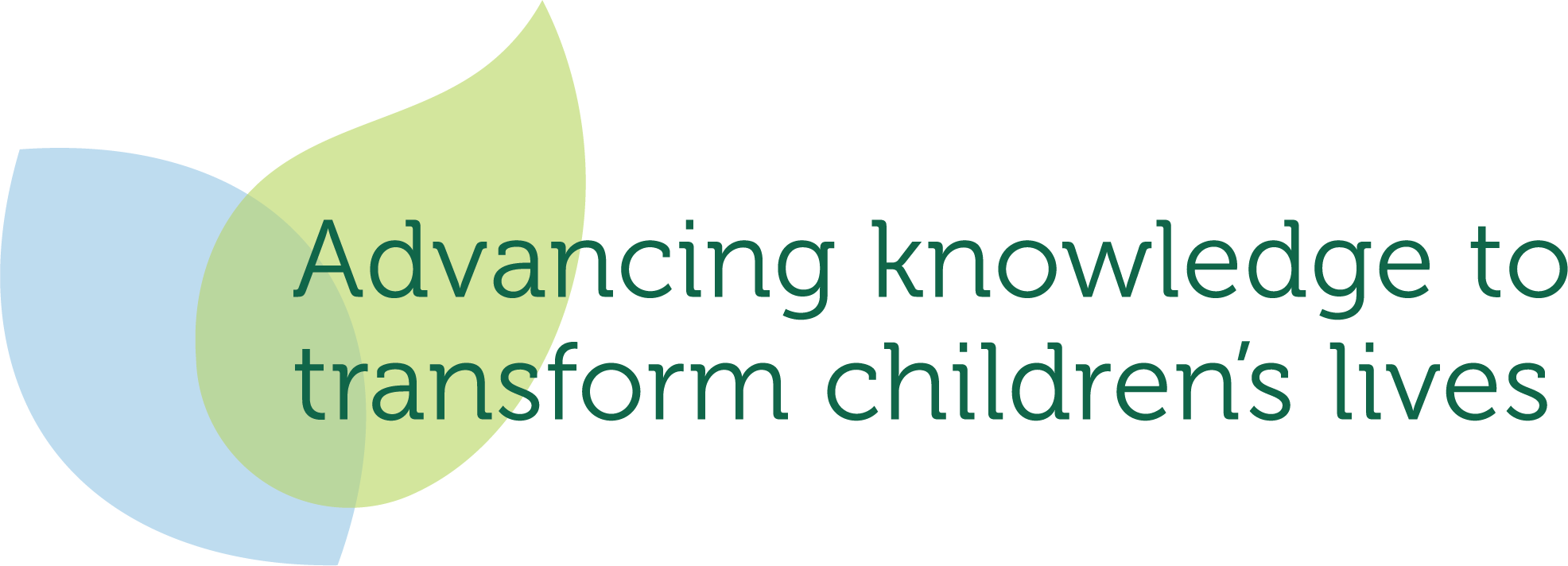Body Compassion is a program that integrates empirically supported self-compassion, mindfulness, gratitude, and somatic/embodiment practices to heal and nurture our relationship with our whole bodies.
Many of us internalize ideas about how our body “should” look and perform to be worthy and accepted. We may judge and criticize ourselves for our appearance, compare our abilities and looks to others, and essentially resent our bodies for what they do or don’t provide for us. Often we are so busy and stressed with work, family, and personal obligations that we do not notice how our body really feels or what it needs.
Additionally, we may get caught up in spiraling thoughts about our bodies that diminish our capacity to feel love toward ourselves. We may engage in behaviors attempting to force our body to look, feel, or move in a certain way without listening to our body’s own wisdom about what it truly needs – perhaps rest, hydration, nature, or deep breaths.
In this program, we will develop a new view and relationship with our bodies that is rooted in compassion, generosity, and appreciation. We will learn how to nourish our whole selves with attention and kind actions. Our body is a gift and this program helps us remember to honor the joy and possibilities that are available when we come home to our full selves.
Listen to Marissa Knox talk about the class:
In Body Compassion, you will learn to:
- t
- Understand the research and science behind mindfulness, gratitude, and self-compassion
- Consider the role of social and societal influences on body image
- Apply practical tools and embodiment exercises in daily activities (at work, at home, and in relationships)
- Redefine your relationship to nourishment, movement, and functions of the body
- Experience gratitude for your body and life with a fresh perspective
- Create your own body compassion practices
Body Compassion is for people of all genders, ages 17 and up. No prior experience with mindfulness, meditation, or self-compassion is necessary. If you want to develop a better relationship with yourself and your body, this is for you.
Each session will include an interactive talk on the week’s theme, a selection of practices, and group discussions. Throughout the program, we will engage in writing activities, guided meditations, and somatic/embodiment exercises. Any movement instruction offered will be an invitation to listen to and honor your body’s mobility and ability. Compassionate embodiment is not about vigorous or strenuous exercise, but about feeling and moving from within your body’s current capacity. It is slow, subtle, gentle, and meets you where your body is and however you feel. No mat or props are necessary to participate in this program.
Body Compassion is about meeting our whole selves, including any pain we may feel within and about our bodies as well as appreciating and celebrating the pleasure and miracle of our bodies. This may bring up many sensations and challenging emotions, including past trauma. The facilitator will create a compassionate container for the course so that it will be safe enough for you to explore your experience with vulnerability; however, the facilitator is not a clinical professional, and this should not take the place of therapy. It is important to have a support system available outside of this course (such as a therapist, trusted family/friends, other medical practitioners) if you think that working with these issues will be activating for you. It is important that you honor your experience with what you need for your emotional safety. At the foundation of Body Compassion is self-compassion, which focuses on learning to take responsibility for our wellbeing.

